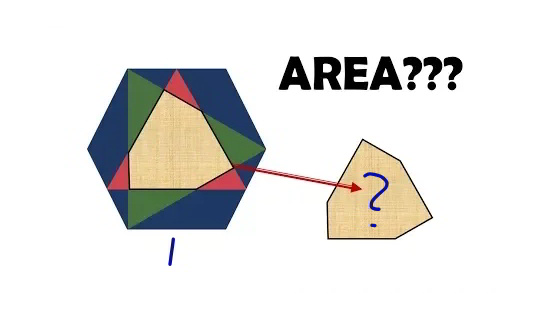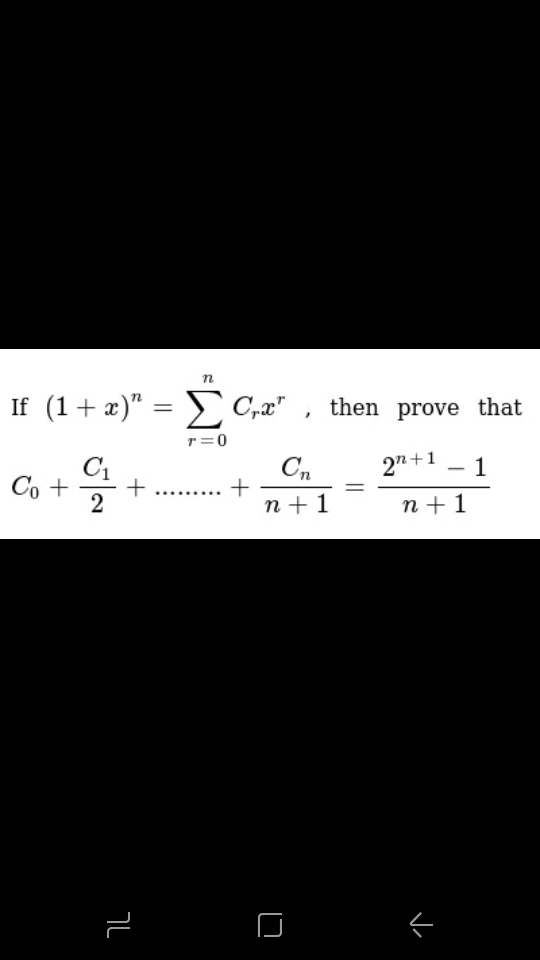
AllQuestion and Answers: Page 1446
Question Number 67520 Answers: 0 Comments: 0
Question Number 67519 Answers: 0 Comments: 0
Question Number 67518 Answers: 1 Comments: 1
$${if}\:{z}\:={x}+{iy}\:\:\:{find}\:\:{lnz}\:\:{interms}\:{of}\:{x}\:{and}\:{y} \\ $$$$ \\ $$
Question Number 67517 Answers: 0 Comments: 0
Question Number 67516 Answers: 2 Comments: 2

Question Number 67514 Answers: 1 Comments: 1

Question Number 67513 Answers: 0 Comments: 0
Question Number 67501 Answers: 2 Comments: 2
Question Number 67495 Answers: 0 Comments: 2

Question Number 67492 Answers: 0 Comments: 1
Question Number 67482 Answers: 0 Comments: 1
Question Number 67471 Answers: 0 Comments: 4
$$\boldsymbol{{Evaluate}}:\int\sqrt{{x}\sqrt{{x}+\mathrm{1}}}\:{dx} \\ $$
Question Number 67467 Answers: 0 Comments: 0
Question Number 67466 Answers: 0 Comments: 0
Question Number 67465 Answers: 0 Comments: 4
Question Number 67464 Answers: 1 Comments: 0
Question Number 67463 Answers: 1 Comments: 3
Question Number 67462 Answers: 0 Comments: 2
Question Number 67461 Answers: 0 Comments: 0
Question Number 67454 Answers: 0 Comments: 2

Question Number 67481 Answers: 0 Comments: 2
Question Number 67431 Answers: 1 Comments: 1

Question Number 67430 Answers: 2 Comments: 2

Question Number 67422 Answers: 1 Comments: 2

Question Number 68043 Answers: 1 Comments: 1
$$\int_{\pi/\mathrm{2}} ^{\pi} {e}^{{cosx}} \sqrt{\mathrm{1}−{e}^{{cosx}} }\:{sinx}\:{dx} \\ $$
Question Number 68728 Answers: 0 Comments: 0
Pg 1441 Pg 1442 Pg 1443 Pg 1444 Pg 1445 Pg 1446 Pg 1447 Pg 1448 Pg 1449 Pg 1450
